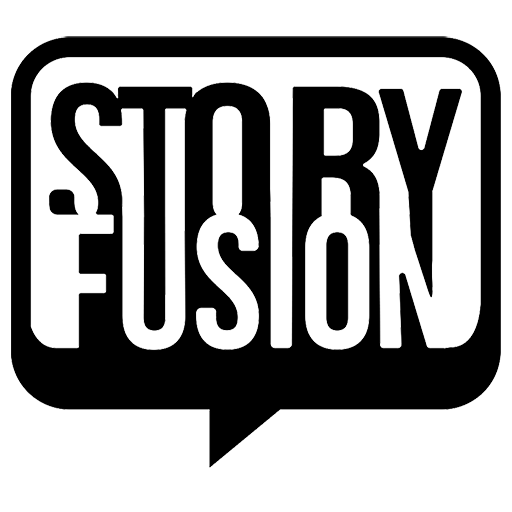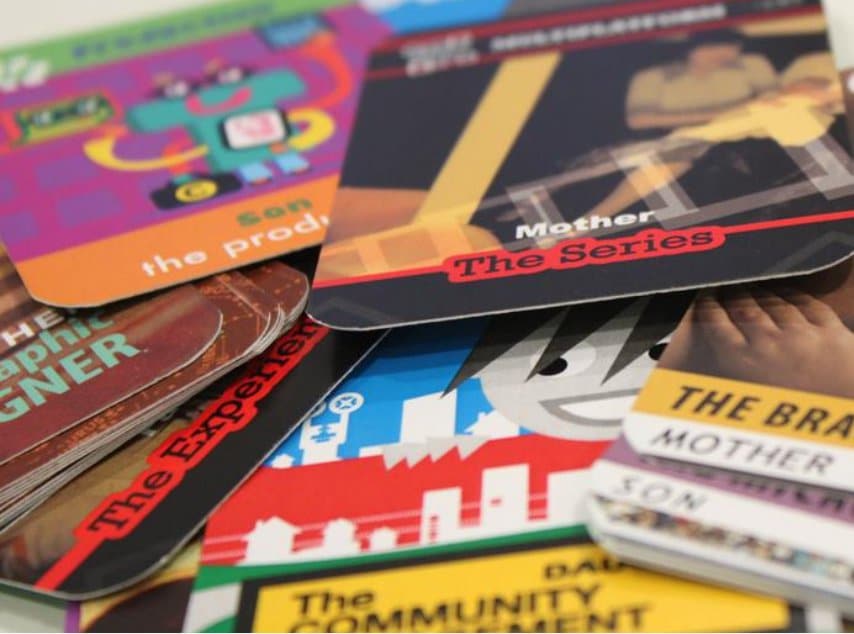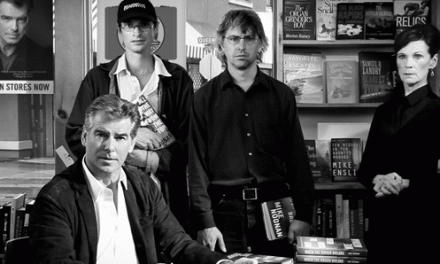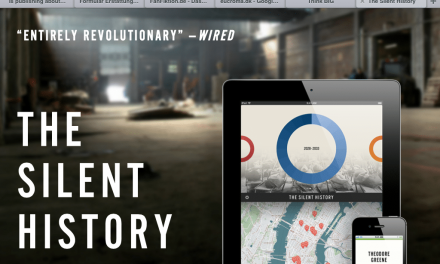Interview with digital and cultural communications consultant Karine Halpern about Transmedia Storytelling , especially in France, and the question “Why Transmedia?”-
Karine Halpern is a digital and cultural communications consultant, former filmmaker, writer and producer from France who has been creating crossmedia content for international cooperation governmental agencies. She has been conducting independent experimental work since the 90s, has made creative content through public grants, and has produced the 7 Transmedia Families, a card game to use for creative thinking and transmedia development. Her Transmedia Ready (@TransmediaReady) mission is to advocate for a Network of Networks and a creative learning process. We met at Crossmedia Net Lab in Leipzig 2011, where Karine was one of the experts and did this interview via Skype. The following is the essence of an hour talking – further questions are more than welcome!
As a former filmmaker – Why Transmedia?
For me personally I stopped calling myself a filmmaker the moment I met the first transmedia practitioners because the concept of transmedia answered a lot of questions I had. In a wider picture, creators and filmmakers explored social networks and the consequences for their work. On a theoretical level, professor and philosopher Pierre Levy who writes about “Collective Intelligence” and Henry Jenkins, the “Convergence Culture” specialist, come to mind here. For me those discussions and theories resulted in what I call “Human Convergence” – it’s not about technology but about people and their stories coming together and forming something bigger.
What’s driving the sudden buzz around transmedia?
It’s a question of human convergence, not only media. Everything is related to human abilities to adapt and communicate. An important difference for me is the distinction between native transmedia and other transmedia projects. Native transmedia means that it is a core transmedia creation from the inception of the project. The whole team of practitioners from different disciplines is supervised by a transmedia architect, or producer if some call it like that, but it is the person who is orchestrated the whole architecture of the story and the platforms.
Can you think of any examples of content, either mainstream or niche, that are great case studies for how things should play out?
In general, case studies are experimentations and are very subjective. But one of my favorite projects especially for its topic and its values is “8, No Time Left” (“In 2000, 191 governments committed to halve world poverty by 2015. In 2009, 8 directors have joined the campaign. Today it’s time for you to react” – all clips on youtube)
Although it is not a native transmedia project as the feature film came first and then it was turned into a transmedia experience. Fans were so involved that the producers started with user generated content and partnerships with NGOs, they created a new online platform.
Pandemic is interesting for me not so much for its story, but as an example of Lance Weilers’ work in terms of putting real-life into transmedia architecture. I like ARGs even if I’m not a gamer and Lance projects take you into the experience like a game without being a real ARG.
Do you think that only Hollywood and big networks are able to realize “cool” transmedia projects?
Looking on the budget-side, I’d say yes, having Hollywood or big networks on board is very helpful but so far they aren’t realizing native transmedia productions that are including all the ingredients. The business model for me is an essential part of transmedia projects, and I think that you need a special financing model for each and every project. In France and Belgium we get funding by the governments and its organizations. We will see more examples in the coming years and we can learn from that.
What do you wish for upcoming transmedia projects?
I’m looking for more native, full transmedia productions. The core-creation being supervised by a transmedia architect. That’s my wish but I don’t know how long it will take. Raising money is still the problem and the big issue for 2012. While 2011 was the year of human convergence, 2012 will be the year of experimentation and the year of methodology. The card game of the “7 Transmedia Families” should help transmedia creators to bring together the different expertise, the different people you need for transmedia storytelling. You play the card game to create your larger architecture, to design your story and then you can reduce it to the reality of your project. Learning about workflows is very important! We will release the card game for everybody in the first quarter of 2012 and launch a crowdfunding campaign for developing more of it.
What about Transmedia in France?
In France we have ARTE as a pioneer and supporter of interactive documentary. Now national broadcasters are getting involved too. New funds are establishing for digital media and the departments learn very well how to handle transmedia. I’m very positive about French native transmedia productions in 2012 and I think Transmedia Europe will gain even more momentum over the next months!
Thanks a lot for your time, your insights and your inspiration Karine!
© aller Logos und Abbildungen bei den Rechteinhabern.
(All pictures, trademarks and logos are protected.)







Recent Comments